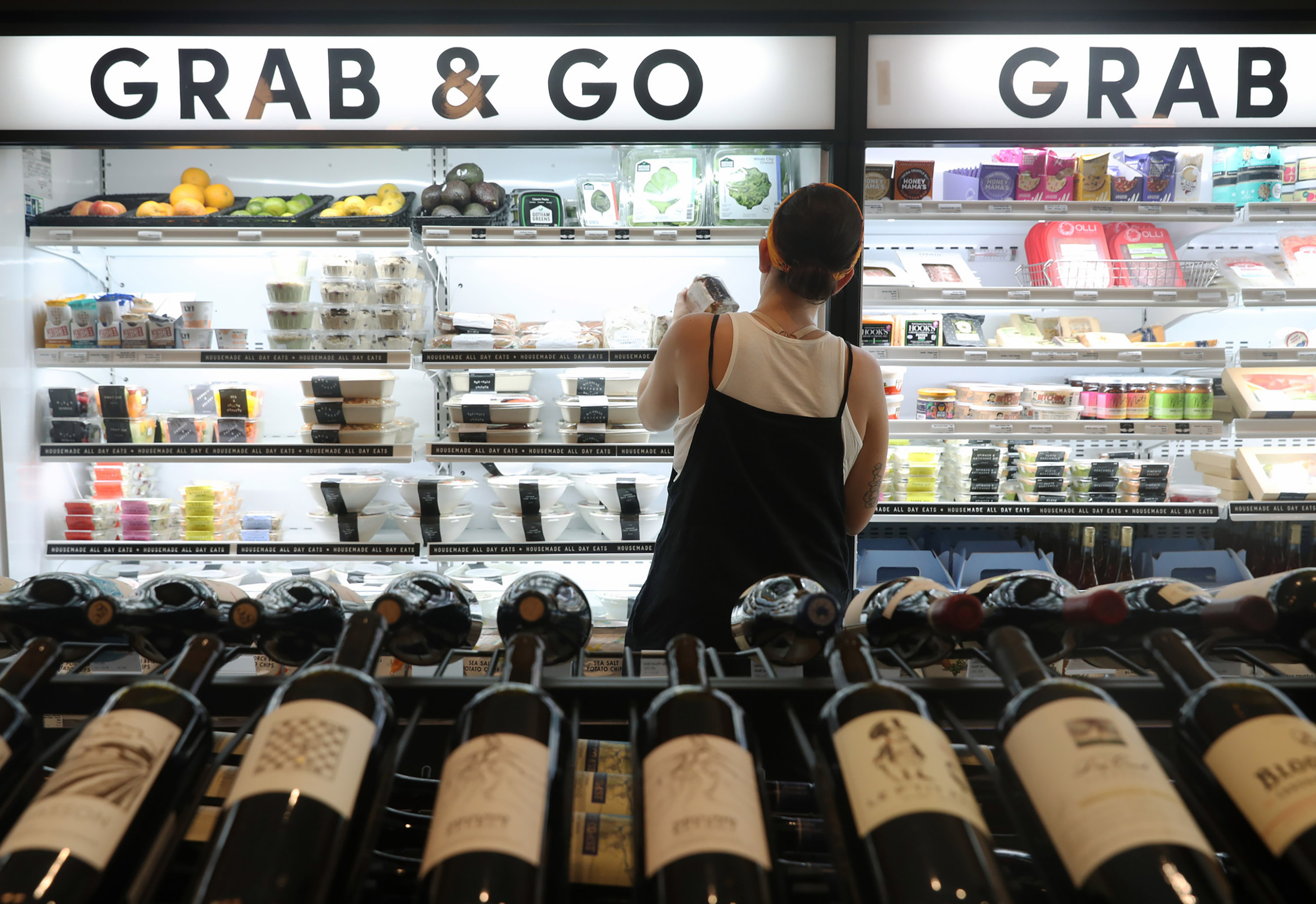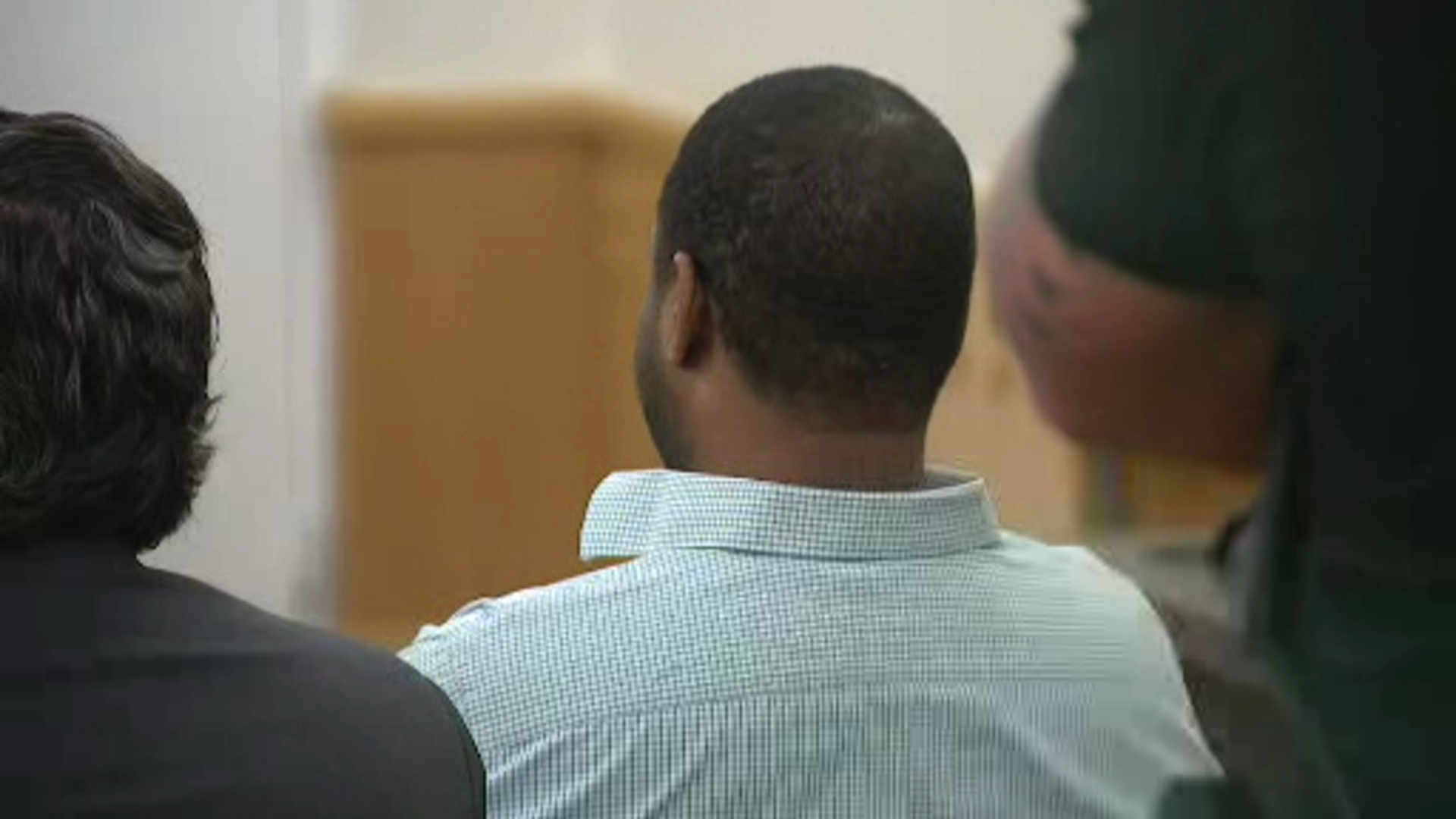A teacher at Woodrow Wilson High School is working to feed her students with something other than knowledge. She wants to give them a hot meal.
Brooke Varner has been a biology teacher at the high school for 10 years and said a few years ago, she started to notice some of students didn’t have much to eat.
In fact, several times, the only food they would get for the day would be from the school cafeteria.
“About two years ago, I was just buying ramen noodles and kids would come in and eat ramen noodles. I was like 'gosh, we’ve got to do more,'” Varner said.
A year later, a parent approached her about starting a food bank for the students.
Varner named it the "Woodrow Peace Pantry," then enlisted the help of her students and the community.
“We have some families that had their electricity turned off, so they need food that is from a can that they can open,” she said. “We have a family living in a hotel right now that we’re just helping out until they can get back on their feet.”
Local
The latest news from around North Texas.
According to the organization, "No Kid Hungry," one in four children in Texas live in a household that struggles with hunger.
At Woodrow Wilson, what started as just a few cans of food has now turned into an entire pantry in Varner’s classroom.
Students who volunteer said they know the need is out there.
“Personally, I know there’s not always going to be a meal at home waiting. Just the fact that’s the problem and the fact we have an opportunity to help the problem,” said Woodrow junior Wendy Garcia-Ramirez, who volunteers with the pantry.
“I know people are shy, like I would be shy, too, if I didn’t have the food necessary, I would be embarrassed to go up to a friend and be like, ‘Oh, I need food or something,’” said Jennifer Saucedo, who is also a junior.
Varner said the pantry provides students the opportunity to discreetly take food home at night and on weekends.
Families can also contact the school for help.
Varner admits hearing the stories behind the need can be difficult.
“That’s where it gets overwhelming. That’s just even hard to understand or comprehend,” she said.
But it is always worth it.
Varner said feeding even one family makes a difference.
The biggest thing she wants now is for other families, parents and teachers to examine their schools and if a similar program could help students.



